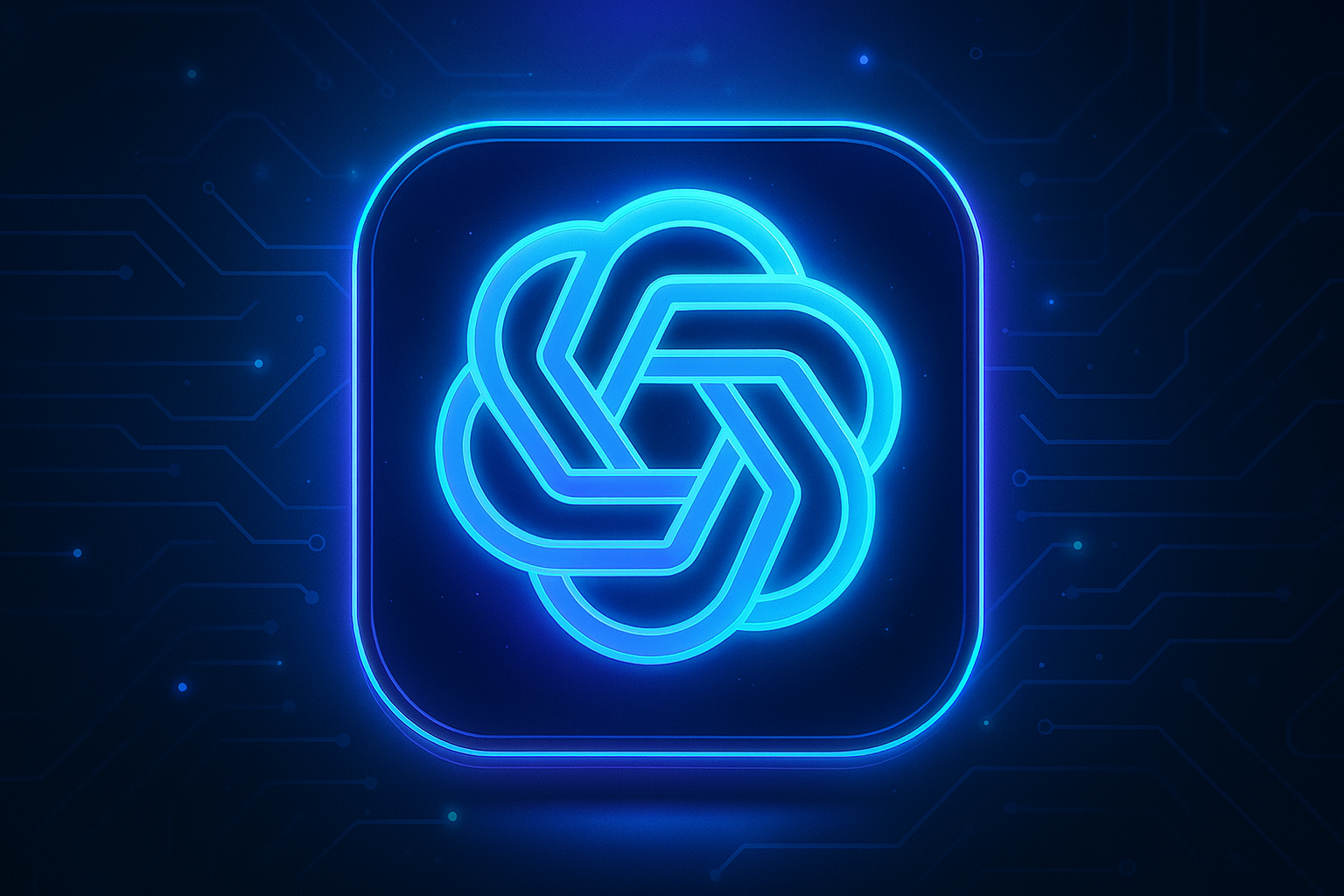
Pros:
- AI-powered writing tools boost productivity by automating cover letter creation. This frees up time and energy for job seekers to concentrate on other job hunt aspects. By eliminating the need for manual drafting and editing, AI reduces the time and hassle involved in job applications.
- AI writing tools can handle a lot. They’re great for making many cover letters quickly. If you’re applying for lots of jobs or need to change your letter for different fields, AI can help with that. It’s good for people who have different job needs.
- AI tools can greatly assist those who aren’t native speakers or struggle with writing. They help craft cover letters that are both grammatically correct and cohesive. Real-time suggestions and corrections boost overall language skills and improve writing quality.
- AI writing tools often include expert insights from linguists, writers, and industry pros in their systems. This expert knowledge helps cover letters meet industry norms and effectively convey important messages to employers.
- AI writing tools use machine learning to get better as they go. As you use the software and give feedback, the AI learns and adjusts. This helps it create more precise and useful cover letters each time.
- Writing AI tools are a budget-friendly choice for people looking to simplify writing cover letters. They’re less expensive than hiring professional writers or career consultants. With affordable subscription plans or one-time purchase options, getting advanced writing assistance is now cheaper for job seekers than it used to be.
- AI writing tools are always on, day or night, ready to help whenever you need it. If you’re working on a cover letter late at night or early in the morning, you can count on AI for quick and trustworthy support. This ensures you get your job application documents in on time.
Cons:
- Although AI can craft cover letters using basic templates, it often struggles to showcase each applicant’s unique traits and experiences. Personalizing a cover letter allows for a genuine story that grabs an employer’s attention.
- AI tools often follow set algorithms and databases, which can limit creative thinking. Because of this, a cover letter generated by AI might lack the originality and flair that human writers can provide.
- Relying too much on AI for writing cover letters can make people depend on tech instead of building their basic writing skills. It’s important for people to still communicate the traditional way through writing.
- Using AI for writing sparks debates about honesty and openness. When AI crafts cover letters, it raises concerns about the honesty of both the job seeker and the hiring company. This could lead to issues during the recruitment process.
- Avoiding AI detection is tricky. AI can assist in dodging detection algorithms, but it’s not a guaranteed escape. As detection tech improves, AI writing tools must also change to avoid being marked as automated.
Automated Content Generation:
AI writing tools help create cover letters quickly. You just need to enter job titles, company names, and personal details. This process skips the usual brainstorming and drafting steps, making it much faster to produce a cover letter.
Customize Templates:
You can quickly create a cover letter using AI writing tools. Just pick a template, make some tweaks, and you’re set. This approach saves you from starting from zero, giving you a tailored letter in no time.
Keyword Optimization:
The AI reviews job descriptions and industry trends to find the key terms and phrases. By adding these words to a cover letter, a person can improve their odds of passing through ATS systems and reaching hiring managers, avoiding time spent on applications that might not be seen.
Real-Time Editing and Feedback:
AI tools for writing let you edit and get feedback right away. This means you can quickly fix your cover letter. You’ll get instant tips to make it better, helping you work on your drafts more easily. This way, you save time on editing and revising by hand.
Being Confident in Not Being Caught:
- Pick trusted tools. Go for AI writing tools from well-known companies that care about user privacy and safety. Find tools with positive reviews and a track record of being dependable to reduce the chance of being detected.
- It’s essential to use AI writing tools wisely and not rely too much on them. While AI can assist in writing cover letters, adding your personal touch is crucial to ensure the letter remains unique and undetectable.
- To make your cover letter stand out, include personal stories, experiences, and insights. This makes it feel genuine and less likely to be seen as computer-generated. A personal touch sets your cover letter apart from standard AI-created templates.
- Check and adjust: Once you’ve created the first version of the cover letter with AI, go over it carefully. This helps keep it clear, on-topic, and believable. Look for spots where you can add a personal touch to make the letter more tailored to the job, which lowers the risk of it being detected as AI-generated.
- Before you send this document, look for any signs of automation in your cover letter. Try using an AI detector or an ATS simulator to find possible issues. If you see any, think about changing them to avoid detection.
To wrap it up, AI can help and hinder when writing cover letters. It boosts speed and keeps things consistent, especially with keywords. But, it might miss the personal touch, creativity, or bring up ethical issues. It’s key for people to mix AI use wisely while staying genuine in their writing. This way, one can choose how to use AI tools best in a job hunt, weighing the pros and cons.
